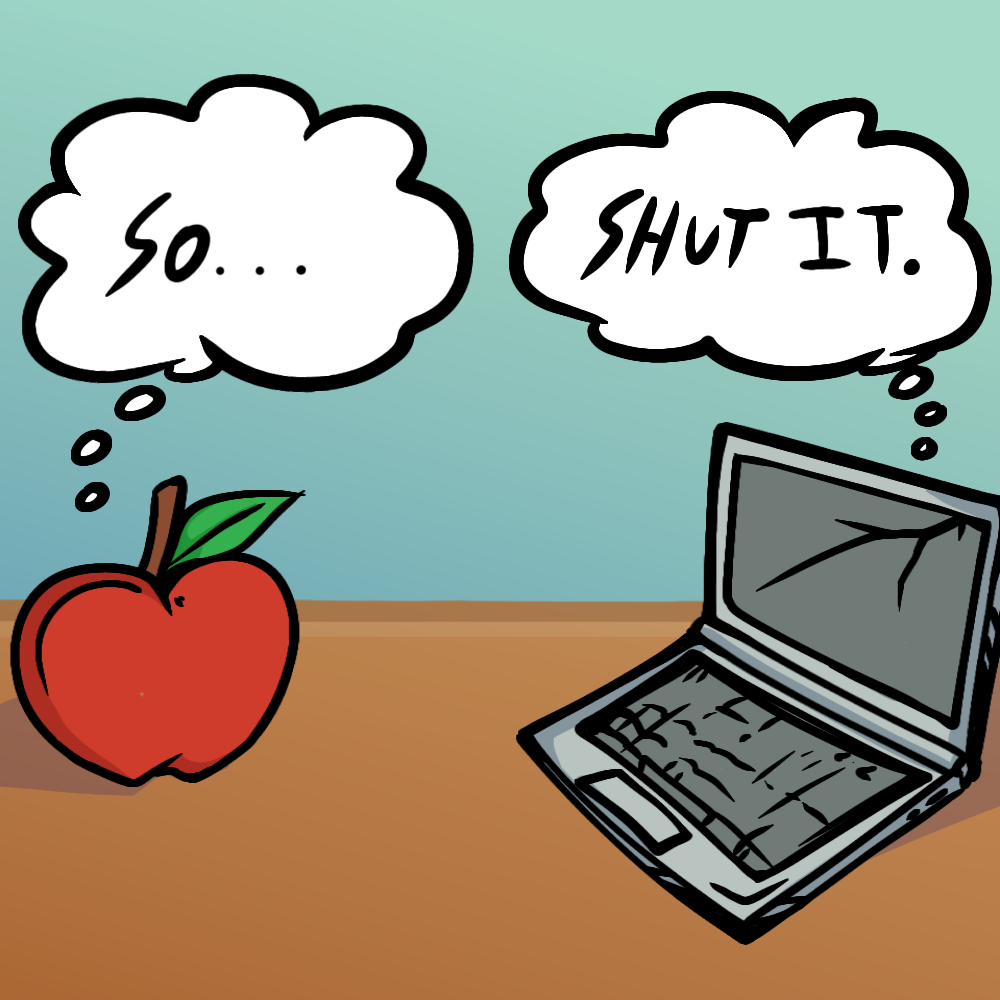For many years, Apple Inc. has stood as one of the most prominent companies, known for its outstanding innovation in technology. From the iPod to the iPhone, from the iPad to the Apple Watch, the organization has sincerely improved its lineup of products since the founding in 1976. Today, billions of people around the world use Apple products, but how much success can truly be measured?
Once seen as a top-tier corporation, Apple is slowly losing its reputation. The company has seen its market value plummet since 2024, as well as the trend of revenue from its recent decline of phones. Meanwhile, its enthusiasm for annual cycle releases of new products has started to feel like more of a cash-grab than an actual upgrade for users. Consumers are becoming more aware of this, and people are not too thrilled.
With the release of the iPhone 17, Apple has officially launched its newest phone less than a year after the release of iPhone 16. While this new phone enhances capabilities with improvements in performance, camera, and storage, it doesn’t account for the pressure on buyers to keep up with these overwhelming amounts of purchase decisions. Instead of waiting for significant updates, it seems as if the company is putting out upgraded versions with only minor improvements at a very fast rate.
Apple also consistently boosts its prices with each new release, and because of this, concerns are that they are drifting away from user-friendly technology. These increased prices make it harder for people to want to buy these new phones, especially when they aren’t proven to be all that transformative compared to previous models.
This aggressive strategy also creates a harsh impact on the environment through carbon emissions, as millions of devices are being made each year. While Apple does do a good job of reducing its environmental footprint, concerns can be made as to how this new wave of mass-production can lead to negative effects for the earth.
Apple’s challenges extend beyond pricing and environmental concerns as well. The competitive industry has started to shift users to other companies offering well-made products while maintaining the value of the customer. Brands like Samsung and Google have gained more popularity as they can closely be compared with features of the Apple phone and still withhold a lower price range for consumers.
Although Apple continues to hold a significant grip on the technology world, its recent business and marketing techniques display that the company is at a crossroads. To retain customer loyalty and satisfaction, Apple must balance their innovative ideas with genuine user value in mind. This will not only cement their legacy, but help them adapt to the increasingly demanding market, gaining back the trust and belief of its consumers.






